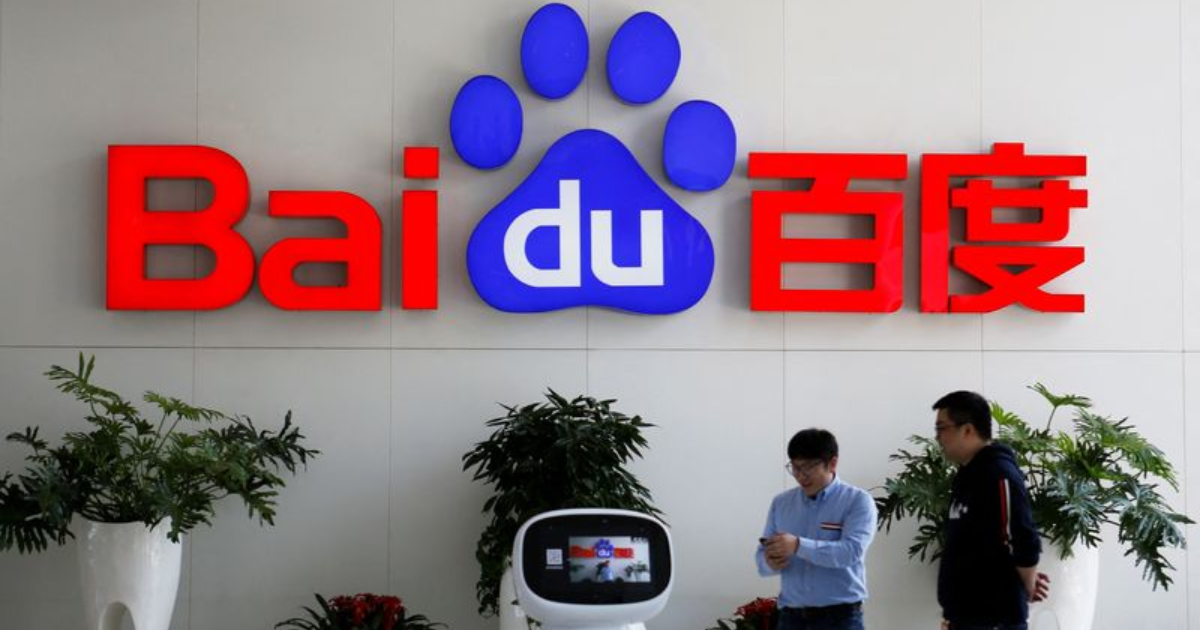The ongoing decoupling between the United States and China is shaping the tech landscape and driving competition in the field of generative artificial intelligence (AI). China, aiming to reduce its reliance on U.S. technology, has been actively developing its own large language models to rival OpenAI’s GPT models. Major Chinese internet giants like Baidu are leading the charge in this area.
Baidu, known for its search engine and autonomous driving technology, recently unveiled its counterpart to OpenAI’s ChatGPT. Now, the company is expanding its involvement in the AI startup ecosystem. During a recent JPMorgan summit in China, Baidu’s co-founder and CEO, Robin Li, announced the launch of a one billion yuan ($145 million) fund to support generative AI companies.
This fund can be compared to OpenAI’s Startup Fund, which initially started at $100 million and later grew to $175 million. Baidu’s fund aims to invest up to 10 million yuan (approximately $1.4 million) in each project, primarily targeting early-stage AI applications. Chinese generative AI startups have yet to achieve widespread adoption, with most investments concentrated in the seed and early stages.
Additionally, Baidu intends to leverage the fund to promote the adoption of its own large language model, Ernie Bot. While American developers are building applications based on models like ChatGPT, Li envisions an increasing number of Chinese developers utilizing Ernie as their foundation.
The fund’s focus seems to be on encouraging AI application development rather than nurturing foundational layer developers. Chinese startups have gained recognition for their innovative business models, spanning live streaming, live commerce, and short videos. Li predicts that Chinese companies will lead the way in discovering commercial applications for AI in the generative AI era.
However, a key question remains: Will China’s homegrown large language models be robust enough to handle a wide range of real-life scenarios? China aims to rely on these models to avoid potential U.S. sanctions that could disrupt critical technological supply chains, as witnessed in the semiconductor industry. Apart from Baidu, other Chinese tech giants like Alibaba and Tencent are also actively developing their own large language models.



![[CITYPNG.COM]White Google Play PlayStore Logo – 1500×1500](https://startupnews.fyi/wp-content/uploads/2025/08/CITYPNG.COMWhite-Google-Play-PlayStore-Logo-1500x1500-1-630x630.png)